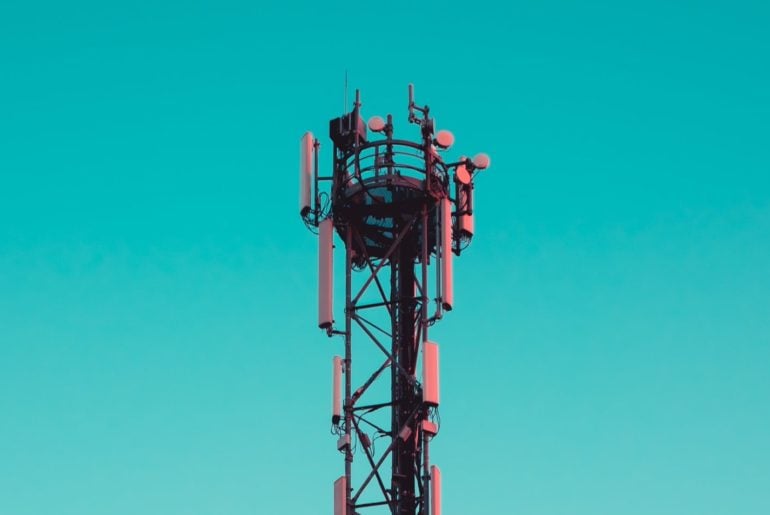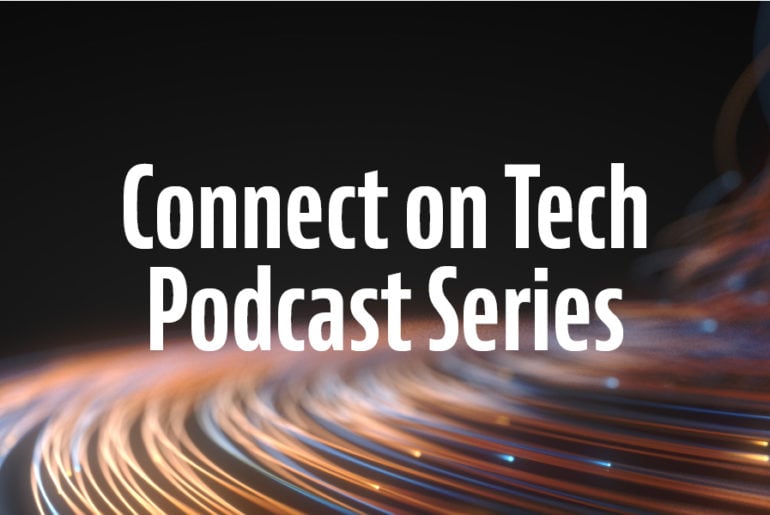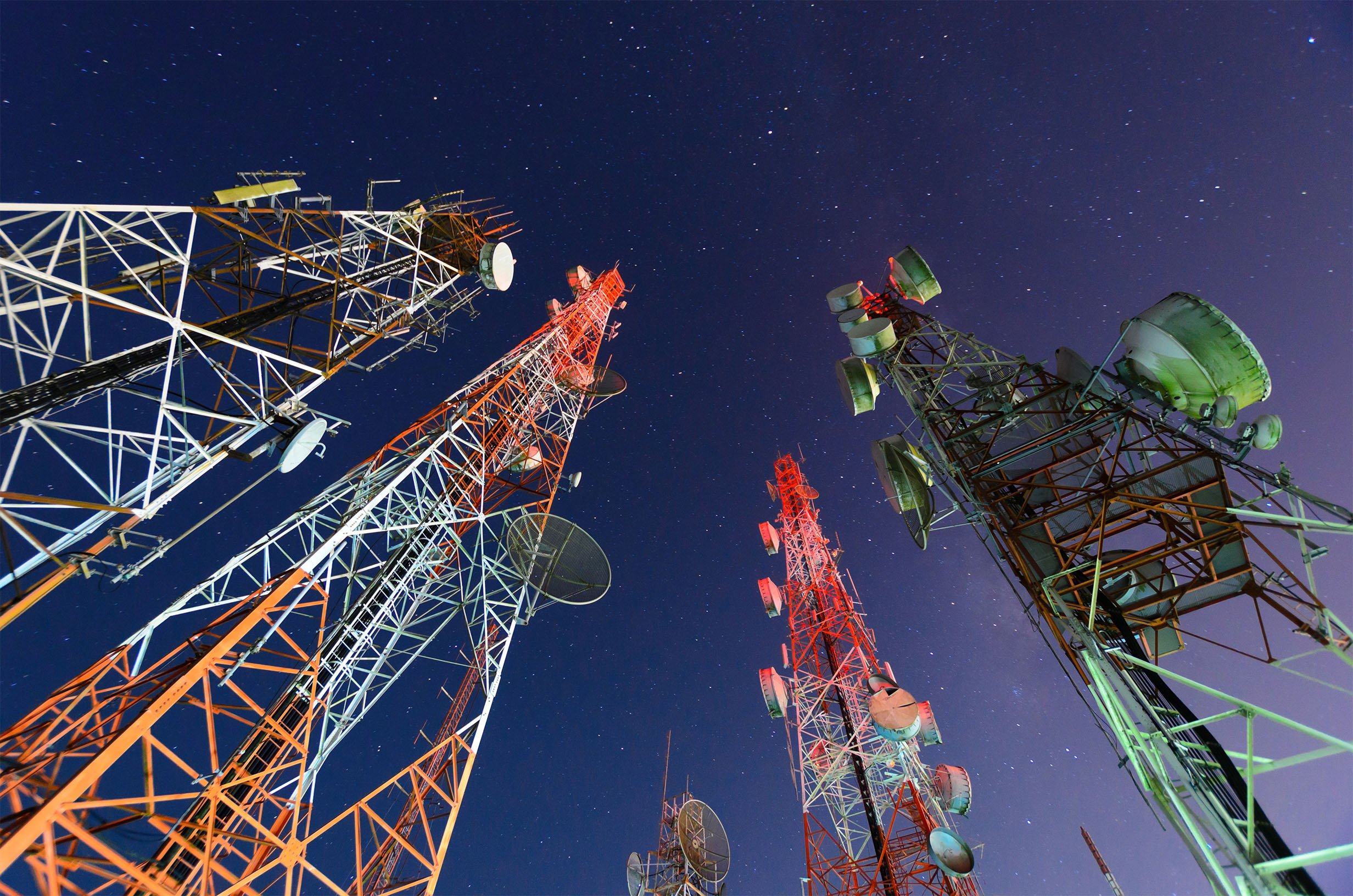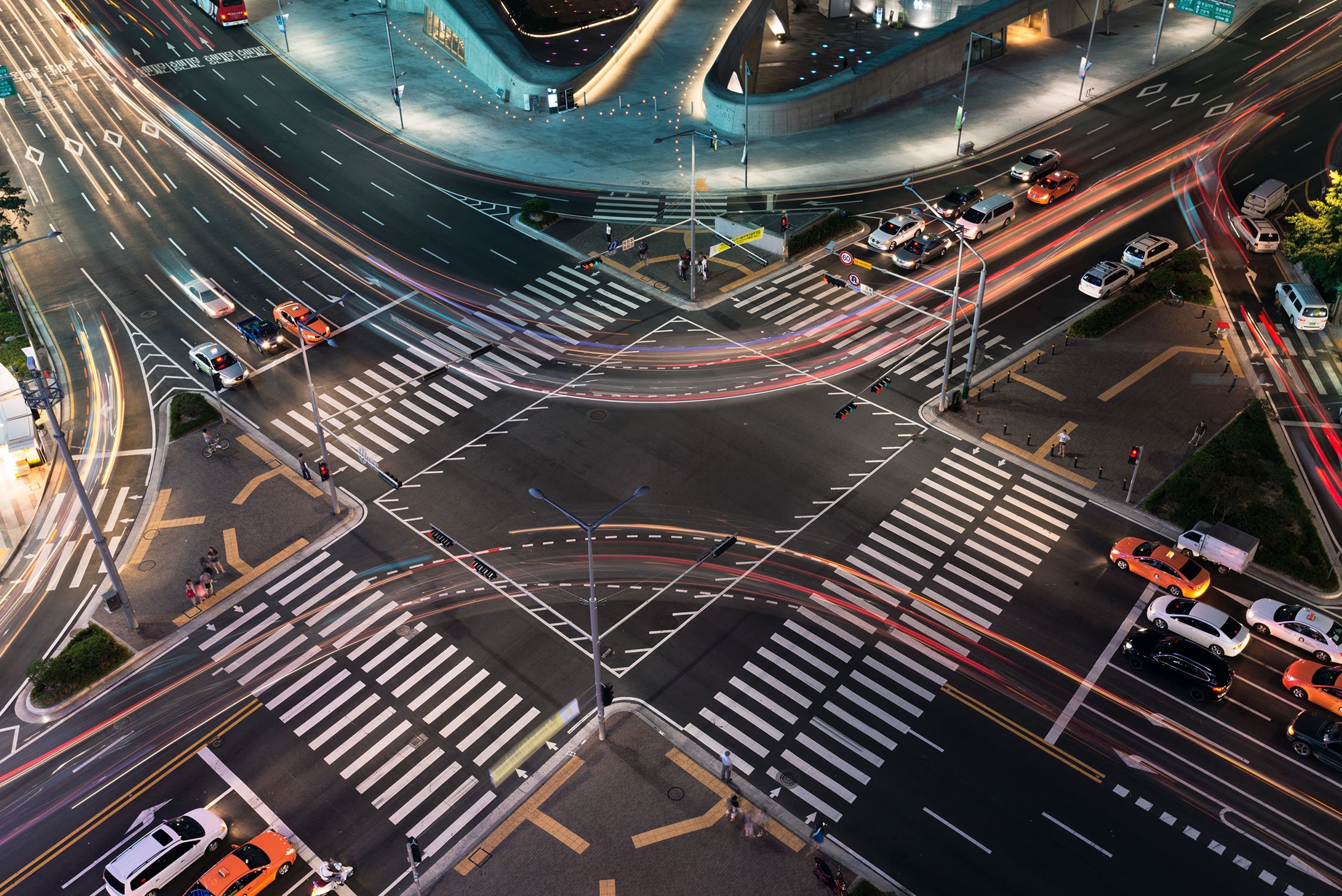On February 8, 2024, the Federal Communications Commission (FCC) unanimously adopted a declaratory ruling deeming telephone calls using AI-generated voices subject to Telephone Consumer Protection Act (TCPA) restrictions on calls containing an “artificial or prerecorded voice”. According to the ruling, § 227 of the TCPA, which prohibits the initiation of “any telephone call to any residential telephone line using an artificial or pre-recorded voice to deliver a message without the prior express consent of the…
Proposed licensing of social media and internet messaging services providers and a new draft bill on digital safety – these are some of the recent updates in the online content space for Malaysia. On 15 December 2023, the Malaysian Communications and Multimedia Commission (MCMC) reported that there was a significant increase in harmful content on social media and over-the-top platforms in 2023 as compared to in 2022.1 Against this backdrop, the Malaysian Government (as with its…
The Supreme Court of the United States has addressed a contentious split among federal circuit courts of appeals on the definition of “autodialer” under the Telephone Consumer Protection Act (TCPA) with a decision that should greatly reduce the amount of TCPA litigation in the US. The TCPA prohibits any person from placing phone calls (including text messages) to a wireless number using an “autodialer,” among other things, without the recipient’s prior express consent (or, for…
The Electronic Communications Code (the “Code”) is the legal framework in the UK underpinning rights for network operators to install and keep electronic communications apparatus on public and private land. The framework is designed to facilitate the installation and maintenance of electronic communications networks. Current powers under the Code When the telecom regulatory authority in the UK (“Ofcom”), gives a direction that the Code applies to a certain person, such as a network operator, the…
The European Data Protection Board (EDPB) has published its draft guidelines on processing personal data in the context of connected vehicles for public consultation. The Guidelines have a wide reach and will apply to more than just vehicle manufacturers. We have summarised the key points and recommendations from the EDPB in the Guidelines below. The public can provide comments to the EDPB until March 20th, 2020. Thereafter, the EDPB will finalize and adopt the Guidelines,…
In this episode, your host Brian Hengesbaugh is joined by Raffaele Giarda, a partner in our Rome office and Chair of Baker McKenzie’s Global Technology, Media & Telecommunications Industry Group, to discuss a hot topic in the mobility space: connected cars. In this episode, you will hear: The differences between connected cars and autonomous vehicles An overview of key legal developments surrounding the technology, including liability and data protection issuesRaffaele’s thoughts on how future regulation…
On 25 March 2019, the Italian Government (“Government”) passed Law Decree No. 22 (“Decree 22/2019”) which includes, among others, provisions on the so-called “special powers” of the Government in relation to broadband electronic communications based on 5G technology. Decree 22/2019 became effective on 26 March 2019 and will need to be converted into law by no later than 24 May 2019. The express intent of Decree 22/2019 is to adjust the Government’s special powers (“Special…
What does 2019 hold for businesses in the Technology, Media and Telecommunications sector and what legal and regulatory trends should be on their radar? A complex question in a world in which the boundaries between areas are blurring to an extent that car manufacturers are becoming tech companies, traditional content producers are launching their own direct-to-consumer streaming services, and telecommunications providers are moving into adjacent industries to make up for declines in traditional revenues. Everywhere,…
The city of Turin is at the forefront of autonomous vehicle testing. On 26 October 2018, first in Italy, an autonomous vehicle drove in the city center wholly driverless using 5G technologies. Italian roads are now open to smart mobility. To this end, earlier this year, the Italian Ministry of Infrastructures and Transport pioneered the road of Intelligent Transport Systems by adopting a decree that paves the way for the digital transformation of Italian infrastructures.…
This month, the U.S. Department of Transportation (DOT) has updated its policies and guidance for automated vehicles — Preparing for the Future of Transportation: Automated Vehicles 3.0 (AV 3.0). This update not only provides clarity and further guidance on DOT’s existing policies, including the use of voluntary safety standards and the proper roles for the Federal and state governments, but also expands DOT’s guidance beyond passenger vehicles to other modes of transport. The automated vehicle…









